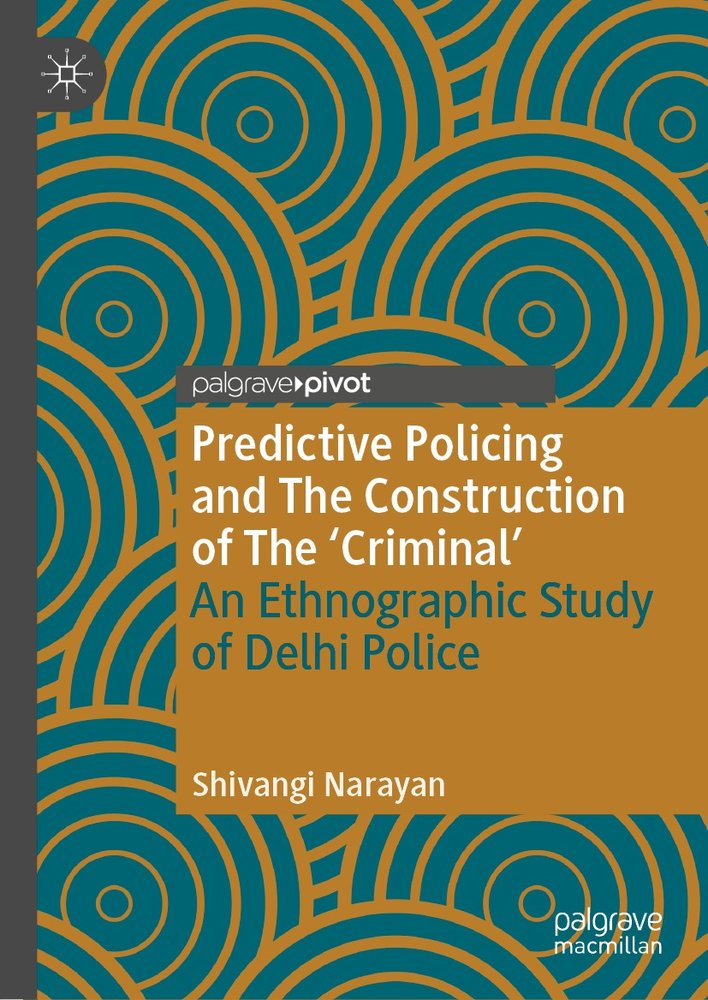This book provides a cultural investigation of the police in India and how it uses data and algorithmic tools for crime mapping.The book draws on an ethnographic study of Delhi Police's hotspot mapping endeavour. It provides a sociological investigation of the police in India and how they use data and algorithmic tools for crime mapping. It discusses how criminals´ are constructed in these systems, typically, the marginalised residents of slums and immigrant colonies. It explores how the algorithm reifies existing assumptions and prejudices about 'criminals' as artificial intelligence systems are deeply intertwined with the culture and beliefs of those who make and use them. It pays special attention to the discriminatory practices of relevant police officers and how this predictive´ policing perpetuates harm to the most marginalised. This book contributes to discussions around big data and surveillance studies broadly.


